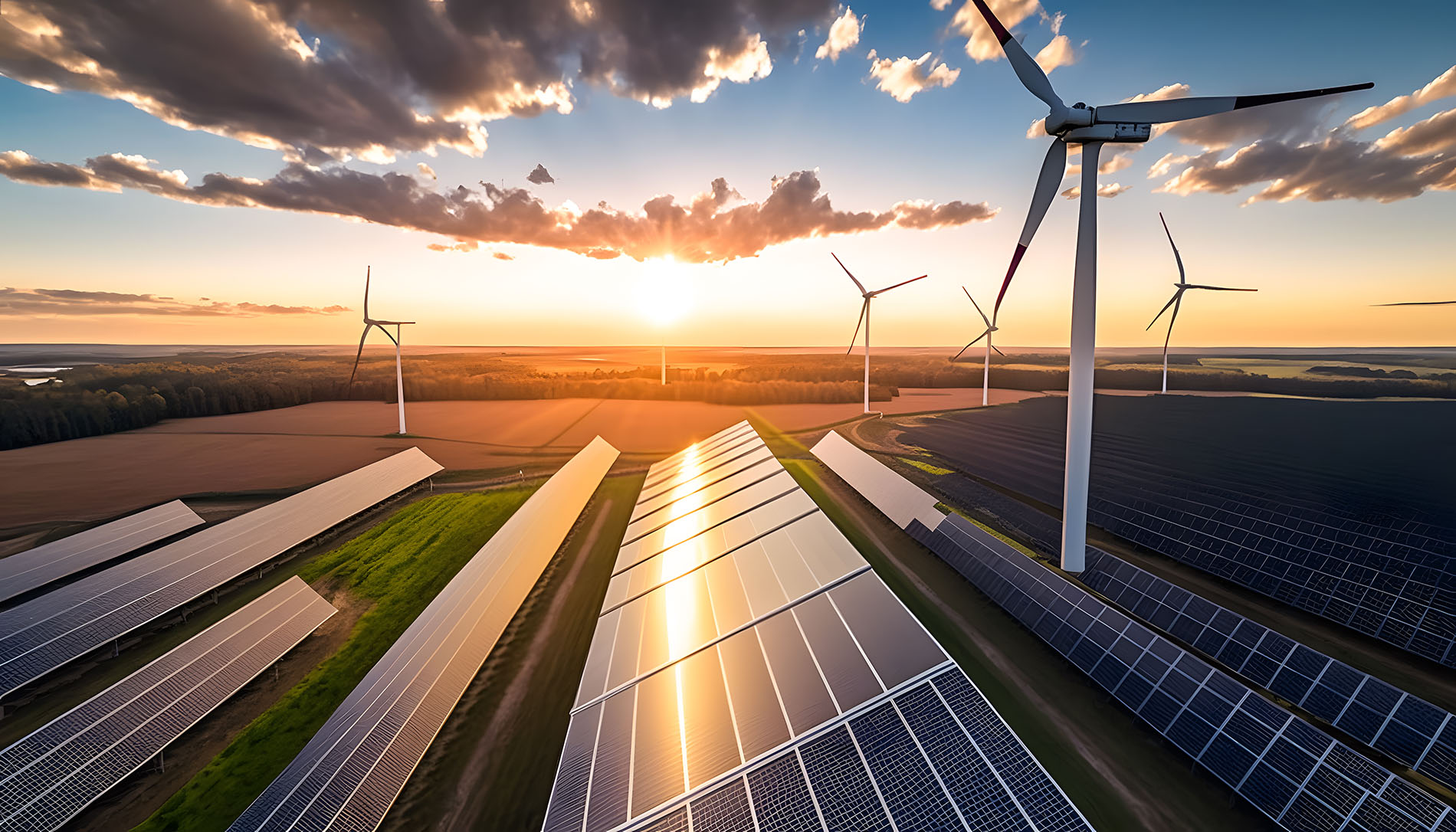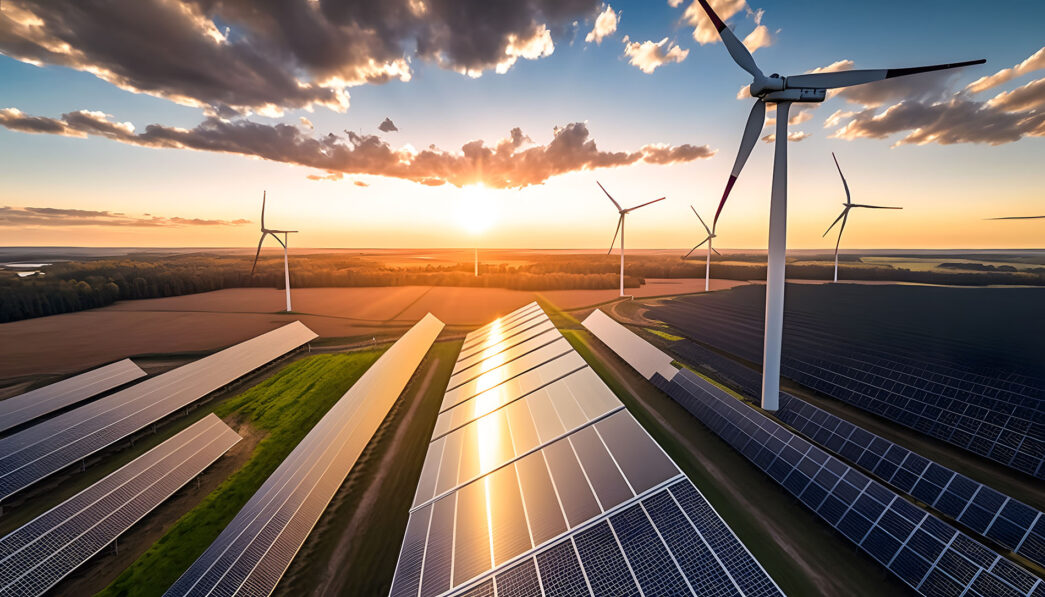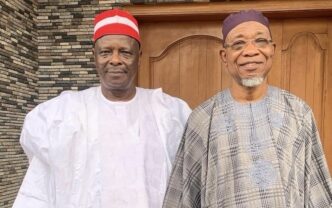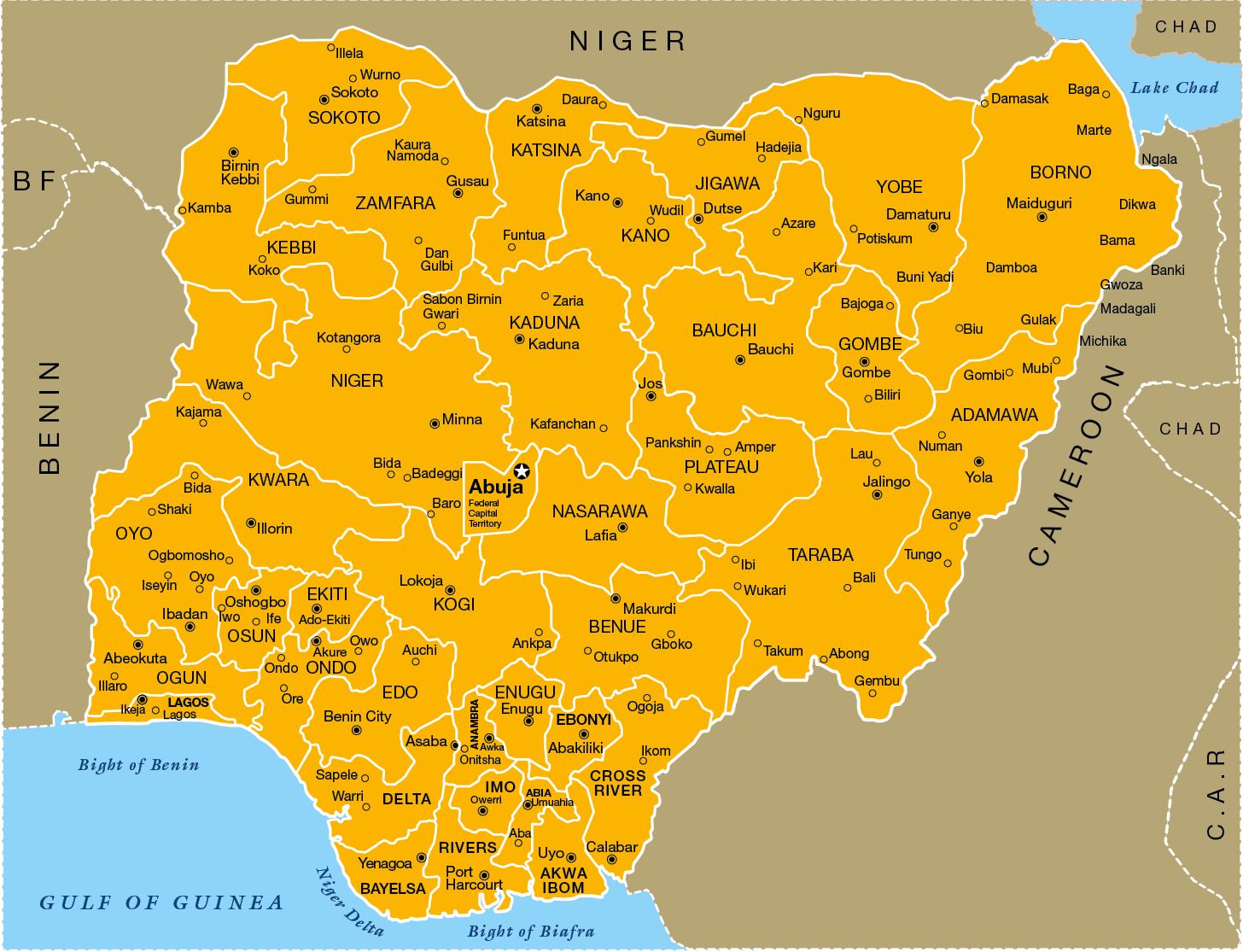Amid the growing crisis of climate change and deepening economic inequality, the call for a “just transition” has become a rallying cry — reshaping global discussions on sustainability, fairness, and the future of work.
Energy transition refers to the shift from reliance on fossil fuels to renewable energy sources. It involves changing our energy systems, industries, and lifestyles to reduce greenhouse gas emissions and create a more resilient planet. A just transition, on the other hand, ensures that the pursuit of environmental sustainability is equitable and inclusive and does not come at the expense of social justice and economic well-being.
This concept also aligns with multiple sustainable development goals (SDGs) relating to affordable and clean energy, decent work and economic growth, reduced inequalities, as well as responsible production and consumption.
THE ORIGIN OF JUST TRANSITION
Advertisement
The idea of just transition was first popularised by labour unions in the 1970s, particularly in the United States, as a framework to protect workers from the unintended consequences of environmental policies. Over time, it has evolved into a broader concept embraced by governments, climate activists, and international organisations like the United Nations (UN) and the International Labour Organization (ILO).
The ILO defines a just transition as “greening the economy in a way that is as fair and inclusive as possible to everyone concerned, creating decent work opportunities, and leaving no one behind”.
This is because the effects of climate change are not experienced equally, and it is for the consequences of efforts to reduce carbon emissions, such as shutting down fossil fuel plants or expanding renewable energy.
Advertisement
Consequently, just transition initiatives aim to address these disparities by ensuring a fairer shift toward net-zero emissions, maximising the benefits of climate action while minimising the negative impacts on workers and vulnerable communities.
In 2015, the Paris Agreement recognised the importance of just transition policies at the international level, highlighting the need to ensure that climate action is inclusive and does not exacerbate existing inequalities.
A declaration on the just transition was later made at the COP24 climate change conference in 2018, and countries signed up to a set of just transition principles at COP26 in 2021.
Each country is, however, now required to develop a common vision for what a just transition means for their impacted workers, communities, and vulnerable groups — and align their policies with principles such as those provided in the ILO’s guidelines for a just transition.
Advertisement
WHY IS JUST TRANSITION IMPORTANT?
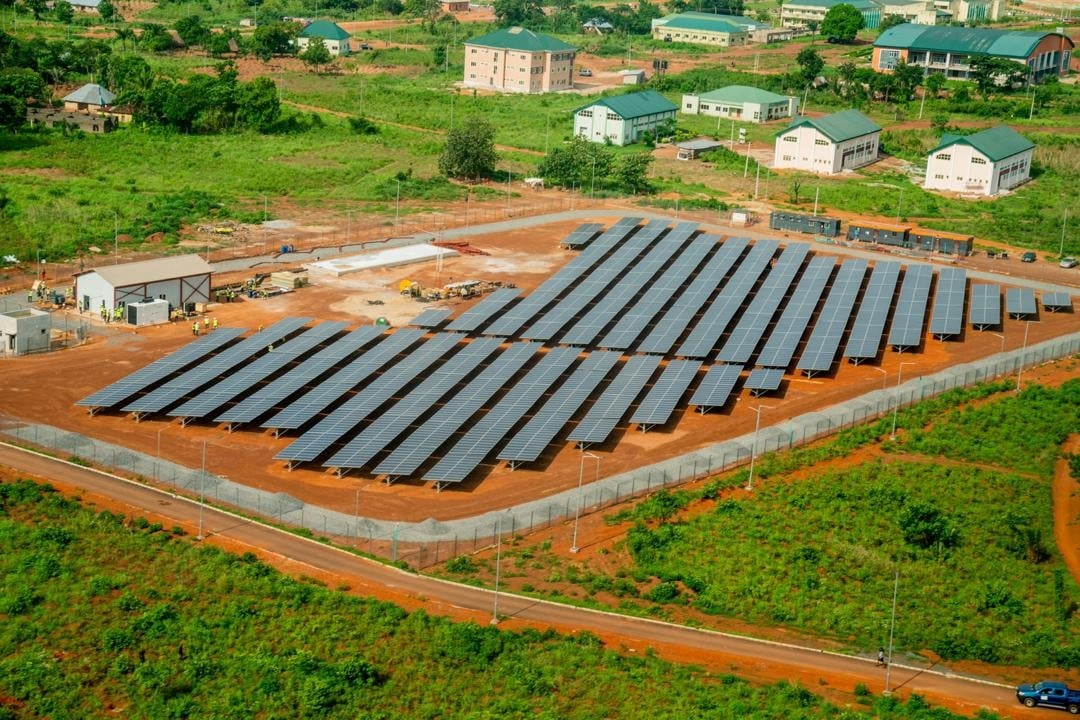
While transitioning to decarbonised industries and climate-resilient economies is essential, it is equally vital to address the socio-economic disruptions that come with such transformations.
Imagine coal miners whose livelihoods are tied to an industry being phased out. A just transition ensures that the miners aren’t left behind. Instead, they would receive access to reskilling programmes, opportunities in renewable energy sectors, and support to adapt to the economic changes. Similarly, communities reliant on polluting industries would be supported through targeted investments to create alternative, sustainable sources of income.
Here is why just transition matters:
Advertisement
1. Mitigating economic inequality
The transition to a green economy is inevitable, but it risks deepening inequality if not managed carefully. Fossil fuel workers and resource-dependent communities often bear the brunt of job losses and economic dislocation. A just transition ensures that these individuals are not mere casualties of climate progress but active participants in shaping a sustainable future.
Advertisement
2. Fostering social cohesion
Without fairness at the heart of climate action, backlash and resistance can stall progress. By addressing the legitimate concerns of affected workers and communities, a just transition builds public trust and cooperation, creating a smoother path to sustainability.
Advertisement
3. Addressing climate justice
The impacts of climate change are not evenly distributed. Developing nations and vulnerable populations — including women and children — are disproportionately affected, yet they often lack the resources to adapt. By integrating justice into climate policies, the global community can truly ensure that no one is left behind.
Advertisement
4. Unlocking economic opportunities
Green industries like renewable energy, sustainable agriculture, and circular economies are engines of job creation. With proactive planning, a just transition can harness these opportunities to foster innovation and economic growth while uplifting disadvantaged regions.
5. Promoting environmental health
A just transition also aligns with restoring ecosystems and reducing pollution. This not only benefits the planet but also improves public health, particularly for communities exposed to environmental degradation from fossil fuel industries.
AFRICA’S APPROACH TO A JUST TRANSITION
As environmentalists continue to clamour for the total abandonment of oil and gas in favour of renewable energy, while some jobs may be lost, the transition away from fossil fuels will create new employment opportunities.
The ILO estimates that the move to greener economies has the potential to create 100 million jobs by 2030, adding that “actors in the world of work, government representatives, employers and workers’ organisations are key actors for change”.
At the COP21 summit in Paris, African heads of state launched the Africa Adaptation Initiative (AAI) to support the continent’s efforts towards climate adaptation and the implementation of resilience projects and activities that will put Africa on the right path towards the needed just transition.
Similarly, Egypt launched the Decent Life Initiative at COP27 to assist African nations towards implementing their nationally determined contributions (NDCs). Through the initiative, African countries and different partners “will work together to improve the quality of life in 30 percent of the most vulnerable and poorest villages and rural areas in the continent by 2030, in a climate-sensitive manner.”
In 2024, Nigeria’s National Council on Climate Change (NCCC), in collaboration with UN agencies, signed a memorandum of understanding (MoU) to spearhead the development of a strategic Just Transition Roadmap (JTR) for the country. The proposed roadmap will focus on job creation, skills development, and capacity-building to support workers shifting from carbon-intensive industries to greener sectors. It also promotes the active involvement of trade unions and workers in decision-making while addressing gender and social inclusion challenges unique to Nigeria.
Zimbabwe also launched an initiative to measure the impact of its climate policies on gross domestic product (GDP), employment creation, income levels, education, and gender equality. Zimbabwe’s “Green Jobs Assessment” allowed the government and relevant stakeholders to make the right choices towards a just transition, as well as create investments in energy, industrial processes, agriculture, and forestry. The country’s investments in conservation agriculture boast of creating up to 30,000 jobs for every $1 million invested.
South Africa’s Presidential Climate Commission equally developed a Just Transition Framework that identifies job market risks and opportunities and recommends skills programmes and social protection measures.
CHALLENGES TO A JUST TRANSITION
Implementing a just transition is not without its hurdles. It requires substantial funding, political will, and international cooperation. Conflicts of interest between stakeholders, such as fossil fuel companies and environmental advocates, can also delay progress.
The COP29 climate change conference held last November in Baku, Azerbaijan, ended without an agreement on the Just Transition Work Programme (JTWP). The negotiations stalled as developed countries advocated for a mitigation-focused approach while developing countries pushed for a more comprehensive framework that prioritises adaptation, finance, and equity — aspects that are key to achieving a true just transition.
The progress made at COP28 regarding the inclusion of labour rights was also undermined, with developed nations resisting equity and the principle of common but differentiated responsibilities (CBDR). As a result, no clear path forward has been established.
Add a comment
